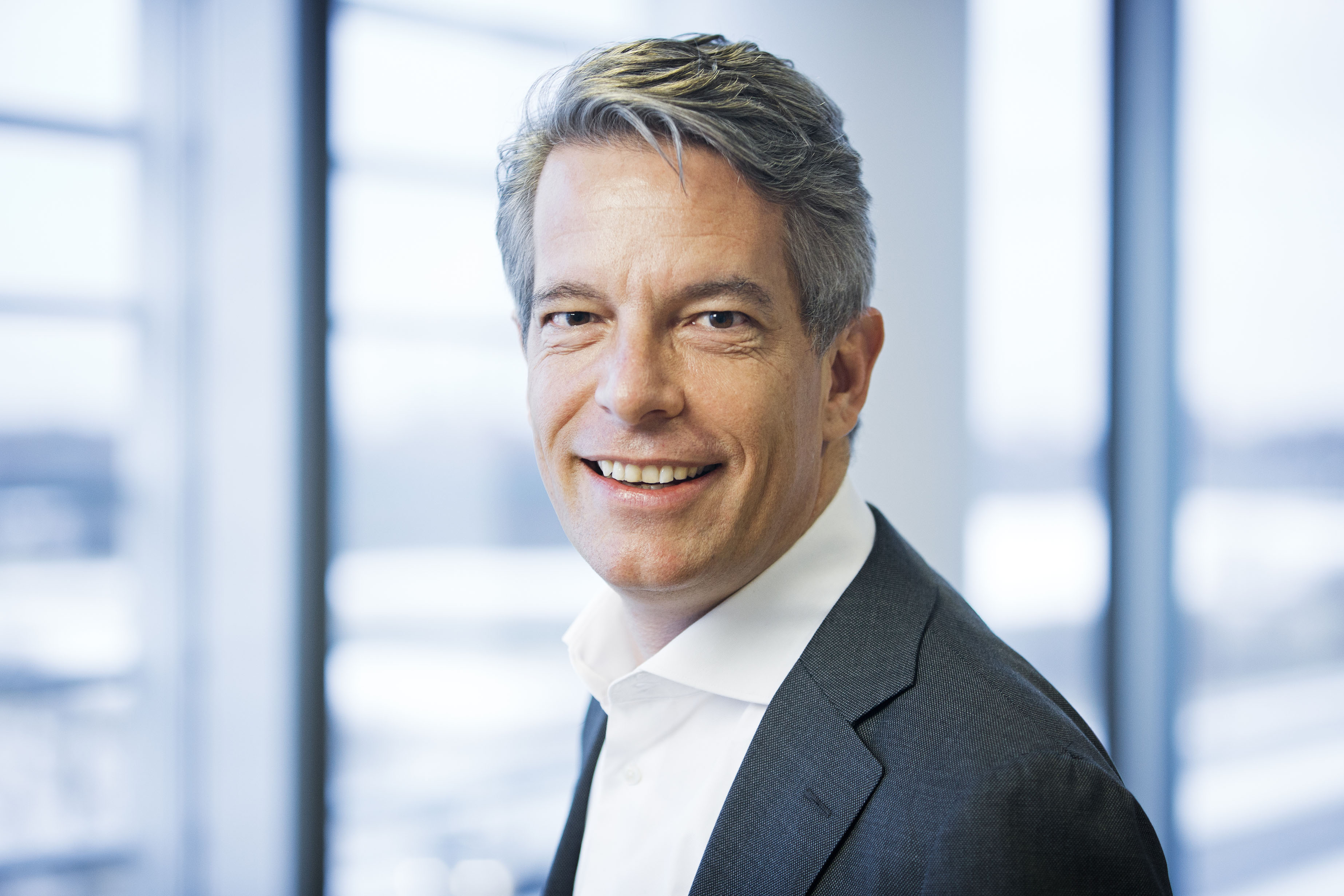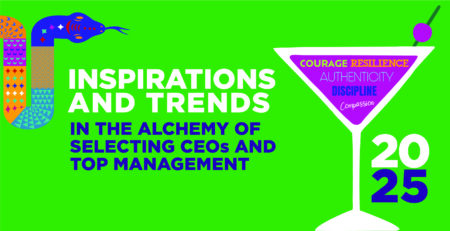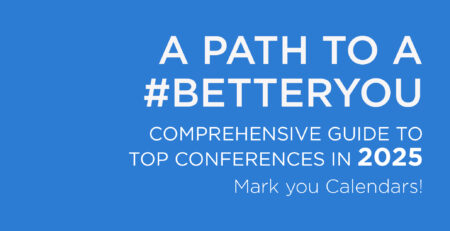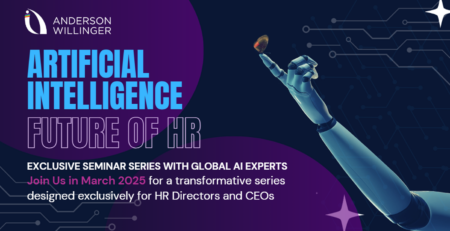Michiel Kernkamp on Nestlé’s innovative culture by Anderson Willinger

Follow an interview led by Lucie Teisler (LT), Managing Partner of Anderson Willinger, executive search company.
LT: Nestlé is one of a few global companies, which has 14 supervisory members, and 12 of them come from completely different environments. I would like to hear your reflection on how this really influences the culture, business, and people of Nestlé.
MK: It is very interesting to work with people who have quite different ideas and backgrounds. You make better decisions because people on the team can better reflect what our consumers are thinking and where our consumers are going. I also believe that the more diverse range you have around the subject, the more different angles you can take, the better decisions you make. That is something that Nestlé believes in historically. We have quickly moved from being a company that was based in Switzerland to a company that was truly international. That was actually the reason why I joined Nestlé. In every room that you entered, there were fifteen people with fifteen different backgrounds and nationalities, but also fifteen different experiences in life and that makes for very interesting and diverse discussions.
LT: Michiel, do you think that the fact that you have such diverse teams and opinions also influences ecosystems and partnerships?
MK: The current situation in the world where consumers are moving very fast makes us move even faster, which means, we have to be more open to the outside world, and we have to be smarter at creating win-win partnerships with parties like startups. There are some very interesting companies in recent history that we have partnered with, e.g. in the UK, there is a pet food company that personalizes your pet food to a direct to consumer model. We have made some acquisitions in the health science area, personalizing the nutrition that you need, that is where the consumers are going and where we want to go but in order to get there, we need to partner with new skills, new companies, and new ways of decision structure.
LT: Could you tell us a bit more about the concept called from farm to fork?
MK: From farm to fork is something that Nestlé has always been very strong in. It’s clear that we have to reinvent the food system. The way we are currently going about the total food value chain is going to lead to some issues. If you look at the topic of food waste, if you go from farm to fork, one-third of food doesn’t reach the stomach of a consumer. So that actually means for everybody involved in the food industry, us, farmers, truck drivers, transporter, people who sell food like retailers, that we actually work until Thursday 10.00 am, and everything after that is actually going to waste. The topic of food waste is very important to me and we can only solve it if we look at the total food value chain from farm to fork and optimize it, and really make sure that we know at each stage what the next stage does so that we are not creating any waste.
LT: How much does the technology help in farm to fork and food waste idea and implementation?
MK: The whole digitalization of things is helping to avoid waste and to make things more efficient. In some countries in the world, they are now building kitchens with a fridge on the outside wall of your house. There is an outside entry and an inside entry so the fridge actually tracks what you are consuming and replenishing it. So there are no things that you buy and not consume, you basically consume and you trigger the value chain and that is done through technology. In 50 years we are going to look back at how the food value chain was operated and how it will operate in the next 10-15 years and we will see massive improvements. Personal data protection is a must and we must find a way across the value chain to do better for the planet and consumers and at the same time guarantee data protection.
LT: You have an enormous story. I would like to understand who you are?
MK: I had a passion for food and a passion for being abroad. My father is Dutch German, my mother is Dutch Belgian. My father was involved in the food industry and my mother was a graduate of the hotel school. Food always played a very important role in our family life. Different cultures and different ways of thinking always played a very important role so that’s where it started. When I came to Nestlé after I studied first in the Netherlands, then a year in France, a year in the UK, and a year in Germany, I found that Nestlé had the combination of those two things, good food, and good life. Nestlé offered me the opportunity to go to Malaysia in 1995. This was pre-mobile phones and almost pre-internet. It was much far away at that time than it looks now. I ran the sales area for two and a half years, I did some basic marketing training for another two and a half years, so five years in total. Then I went back to Switzerland because I had met my wife. She was also Dutch but she lived in Toronto, Canada. So we had this long long-distance relationship. Then we both moved back to Europe, I worked for Nestlé center, so I had a look into the kitchen of Nestlé. Then we moved back to Malaysia, I was asked to come back and lead the coffee business. In Malaysia, we got our three daughters, then I was asked to come to Japan and run the biggest coffee business that Nestlé has. That was a fascinating time because Japan is a fascinating country. What is really interesting is that you have to continuously really look at your own values and the values of the society that you operate in and of course the values of the local Japanese team, and you have to learn a few things but also preserve a few. I think that’s an extremely interesting process. Then I moved from Japan to manage out-of-home business globally for five years and then I was asked to come to Nordics and run Nestlé there for five years. Then from the 1st of October, I am here in Prague to run the Czech Republic, Slovakia, Poland, Baltics, and Hungary so that’s a nice new challenge. The interesting thing is the continuous reevaluation of yourself.
LT: People say that you are a great strategist and that you have very strong personal values. You also speak six languages, and I just wonder when looking at your leadership style, what is needed these days, also considering Covid situation which makes us reflect on what we are and what we should be?
MK: I like to be in the middle of the team. I don’t like hierarchical structure and that was also very clear in the Nordics. I don’t like leading from the top, I like leading in the middle of the circle. Straight and dotted lines mean nothing to me. I like to have conversations at the coffee machine (pre-Covid), I like to pick up the phone and interact with anybody in the organization so it’s a very open leadership style. It means that you hear a lot of things, it helps you to get a lot of ideas, it also helps to see where in the company the future-ready skills, as I call it, are.
LT: Coming to skills and coming to building the new teams and new ideas. What are the important skillsets you believe in?
MK: I am looking for experienced people to be open to totally new things, to seek out these new skills, not to work hierarchically but to work in collaboration. That requires the whole set of skills. That requires new people to come and have an open mind. I like reverse mentoring. Fantastic things are happening if you put an experienced person and a new entry into the company around the same computer. This new person suddenly sees that what he/she thought was an old grey man is a person who can do fantastic things and that young one looks at some new skills and I think that’s beautiful.
LT: According to our study, a lot of CEOs say that Covid times help companies to transform faster, to be innovative, to use technology. However, when we started to analyze the motivation of employees, it seems they are not so excited about innovation. What do you think about that?
MK: Now we use virtual to do things that we were never able to do. Just last week, we had a virtual market visit with people from Switzerland. They couldn’t come here without tests and quarantine, so we did a virtual market visit and that meant that we could put four people in retail shops here in Prague, and at the same time compare the confectionary shelf and talk about our strategies and compare with strategies of our retail partners. You could see in one field of vision how that was different. Of course, physically that would not have been possible but virtually that is very much possible. I saw a video where our CEO Mark Schneider was visiting one of our factories, he was wearing a hard hat like people in factories, and it was about lentilky eggs. He was competing with somebody on the line here in the Czech Republic folding the aluminum sheets with chocolate egg and they were both showing how fast they could do it. That was something we would never have thought of doing between Switzerland and the Czech Republic.
LT: Nestlé presents Sustainability Value Report each year, is that correct?
MK: Yes, we want to encourage a zero-waste future and circular future. In the past, we were tracking these almost like backward, but more recently, we have now made commitments forwards, and we are now tracking how we are doing against those commitments. For example, we have committed to reducing CO2 by 20% in 2025, by 50% in 2030, and want to be a net 0 CO2 emitter by 2050. One of the biggest problems in food is that you need to preserve food, you need to have quality packaging to make sure that you don’t add to food waste, and at the same time, we don’t want to add to environmental issues. If you have a cucumber or a cucumber in plastic, it depends on what is better. If the plastic is fully recyclable and it’s made of recyclable materials that cucumber will have a longer shelf-life and will have less chance of going to waste. If it doesn’t go to waste that means that the land used, the water used, the CO2 emitted is ending up in the consumer’s stomach. But if you don’t use the right plastic you are maybe preserving the cucumber but you are adding to an environmental problem. That is the problem that needs to be solved in partnerships, it’s not something we can do alone.
LT: Michiel, does it mean that one day the system will know that I drink ten Nespresso coffees a day and that will be tracked, and the farmer will know that I drink that much coffee so that much coffee needs to be produced?
MK: With data protection of course but what we are working on is indeed that trigger to go back to the farm to make sure that when I consume triggers replenishment of what I want. That also means that when I am on holiday and not consuming it the value chain doesn’t get triggered and that, of course, is important in avoiding waste. I think the key innovation that we need to make is how we can combine data protection, the good for the planet, consumers, retailers, and farmers. This is where you have very complex problems that need big brains, diversity of brains.
LT: I think the food waste in this region hasn´t had a priority until recently. How do you see that?
MK: In this part of the world, people may not realize what the core problem is but they have an interest in better quality products, they have an interest in food that is produced and is beneficial to the planet. I think we are looking at what the planet is producing but are we producing the right things? Are we producing it in the right way? Are we not damaging the planet by what we produce? Can we do that better? And If we do that better, how can we utilize everything that we produce? Regenerative agriculture is something that will be very big on the agenda so I think food waste is not maybe overtly expressed in this region but I think the drivers of better utilization are what every consumer and customer wants.


